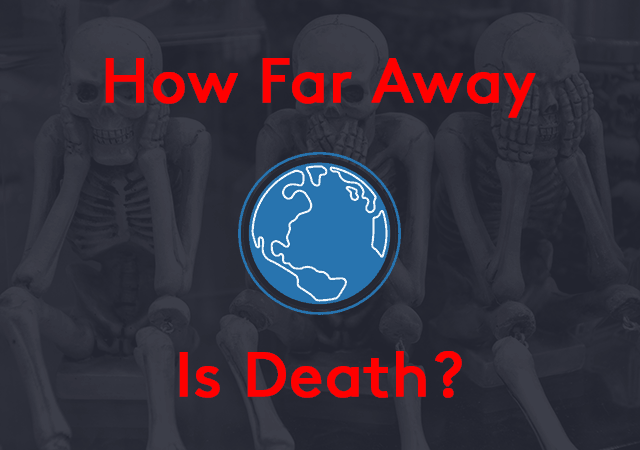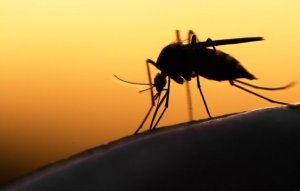How far away is death?


Mosquitoes are the assassins of the animal world. The bite of the bloodsucking female is recorded as killing more than 830,000 persons every year through transmission of deadly diseases, such as malaria (killing more than 475,000 per year), dengue, yellow fever, zika virus, encephalitis. These creatures are incredibly adaptable and quick to develop resistance against pesticides. ISGlobal entomologist Krijn Paaijmans says, “Mosquitoes are a difficult creature to deal with. They are constantly avoiding anything we try to do against them.”
They’ve been around for 210 million years, and females can lay 300 eggs at a time. Groups such as Paaijmans’ are working on initiatives such as stopping malaria transmission. Bill Gates has an infographic illustrating the hierarchy of risks from animals to humans, and The Bill and Melinda Gates Foundation is partnering with mosquito engineering company Oxitec to develop a male mosquito designed to kill off future generations of malaria-transmitting bugs. The Tanzanian medical entomologist Dr. Prosper Chaki runs a project in Dar es Salaam designed to kill Anopheles mosquito larvae. His days are spent wading into all types of water collections, spreading a biological insecticide in mosquito-breeding areas. His project has dramatically helped reduce malaria cases in the city. “Mosquitoes are smart,” Dr. Chaki says, “We have to be smarter.” Watch the Chaki video.




I wonder if this will be later looked at as something gone wrong. Like today we are seeing impact from chemical companies trying to grow better seeds and food. Coating them or spraying fields with special chemicals to eliminate something we deem necessary. Now causing multiple issues. Have you done any root cause review on these types of historical issues?